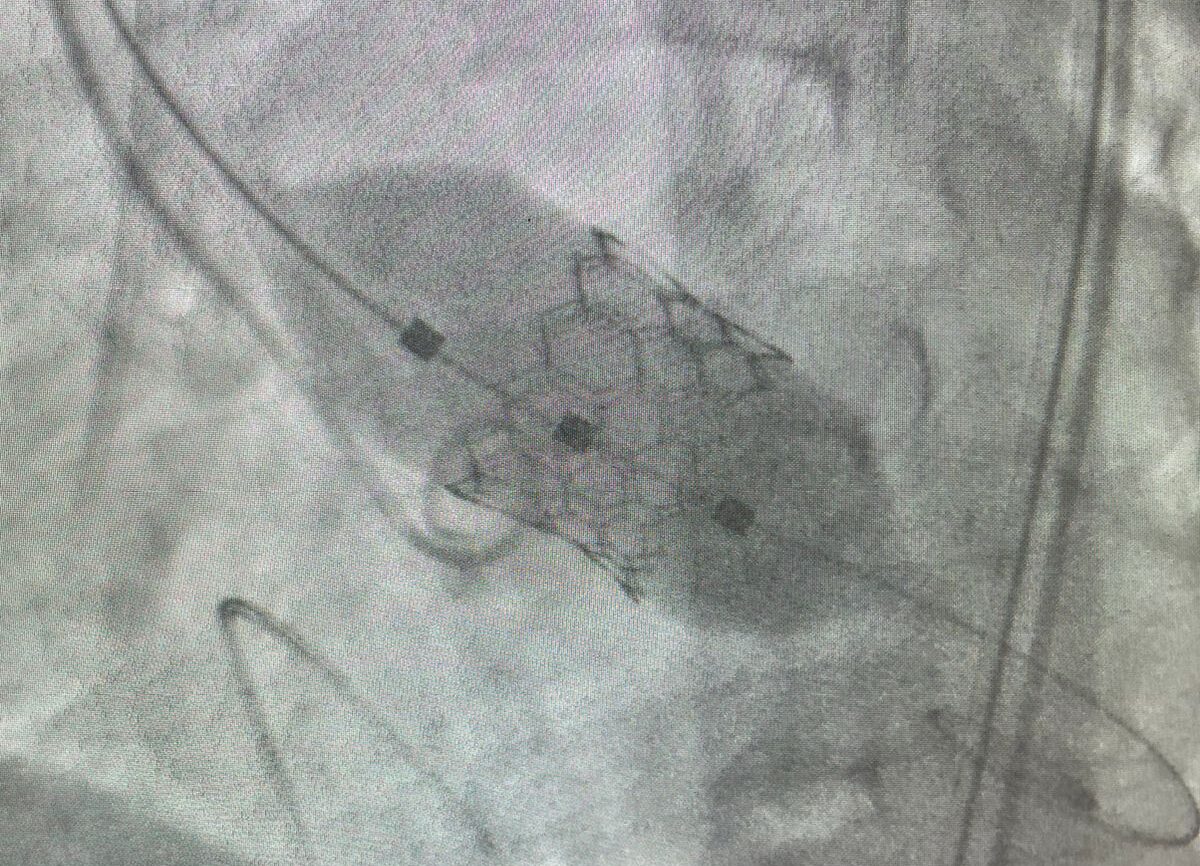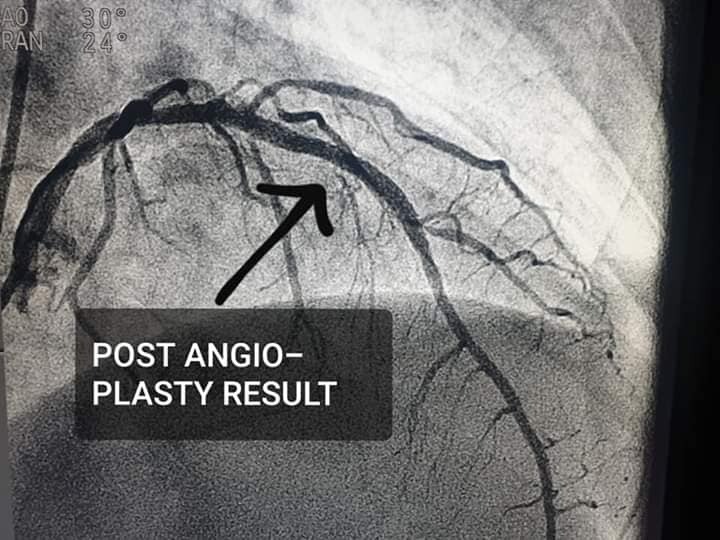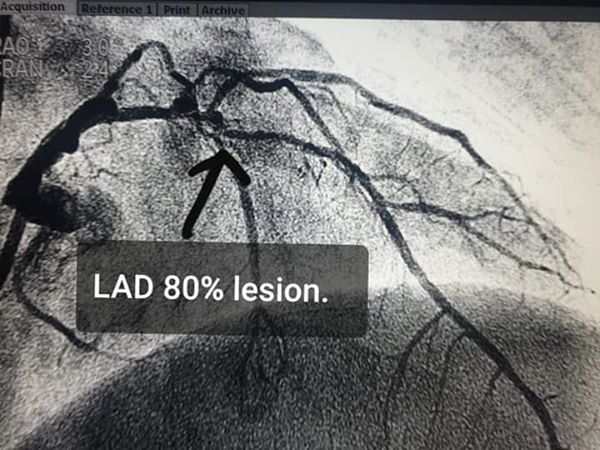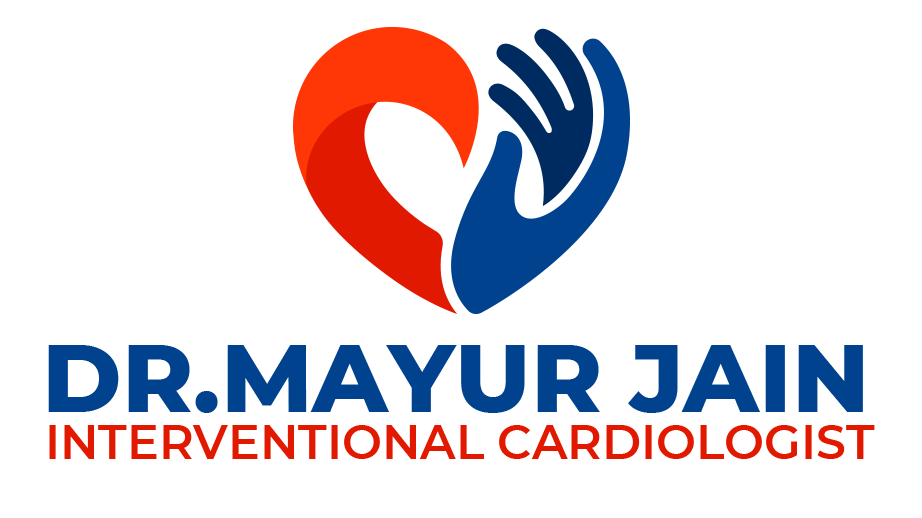The Aortic Valve Replacement is a successful procedure to treat the condition known as aortic stenosis. In this condition the aortic valve fails to fully open, thereby restricting blood flow through the body. However, open heart may not be possible over 60 years old due to comorbidities. Because of this, TAVI (Transcatheter Aortic Valve Implantation) and TAVR (Transcatheter Aortic Valve Replacement ) and has been gaining popularity with doctors over the last decade. So much so that now it is also approved in patients with mild and intermediate risk for surgical valve replacement.
In This Blog we will cover following Topics
- What is TAVI or TAVR?
- What happens when you undergo Transcatheter Aortic Valve Implantation?
- What happens when you undergo Transcatheter Aortic Valve Implantation?
- Which medical condition is treated with this treatment?
- What are the advantages of TAVI/TAVR?
- Who should undergo for this procedure?
- What are the most important elements that are considered prior to making a decision on whether a patient is suitable for TAVI/TAVR.
- What test will the patient have to go through in order to undergo this procedure?
- Post TAVI Management ?
- TIPS for patients who undergone TAVI Procedure for faster recovery.
- Risk Involved during TAVI Procedure?
- Cost For TAVI (Transcatheter Aortic Valve Implantation) In Thane Mumbai
What is TAVI or What is TAVR?
The most ingenuous treatments that are being used in the present can be described as the Transcatheter Aortic Valve Replacement (TAVR) can also be called TAVI, TAVI Full Form is Transcatheter aortic Valve Implantation
Until recently, Valve replacement through open heart surgery was the onlythe option to patients with severely Aortic Stenosis. However, many patients are not able to avail this option due to advanced age, a malfunctioning of the left ventricle and other comorbidities.
Thanks to the development of TAVI or TAVR treatment in Mumbai for these patients is now also feasible. TAVI and TAVR both are same and are highly beneficial option for patients suffering from severe Aortic Stenosis symptoms that are not suitable for traditional Valve Replacement Surgery.
It is a minimally-invasive Cardiac Surgical procedure that heals the valve but does not do away with the damaged, old valve. In addition to this, it inserts a replacement valve inside the aortic valve’s location.
Similar to the placement of a stent into an artery. The TAVI/TAVR procedure delivers a compact replacement valve into the location with the aid of an instrument. After the stent has been expanded, the valve is deployed at the desired location.
What happens when you undergo Transcatheter Aortic Valve Implantation?

Aortic valve diseases are rising in the population of the globe. In normal circumstances, the valve opens as blood flows from the heart to other organs. But, there are times when the valve is unable to open properly, and blood flow gets impeded because the valve gets stiff. This is known as the aortic stenosis. It is evident that when this occurs there is an increase in pressure on the heart as blood is circulated through a small valve. giddiness, swelling of the ankles, breathing problems, chest pain and blackouts in a few instances, are just a few of the symptoms. In most cases, such as this, open heart valve surgery is usually recommended. However, this procedure may not be appropriate for all patients. People who are elderly, are sick or with a variety of medical conditions may not be able to undergo open-heart valve surgery since it’s too risky for the patients. Transcatheter aortic valve placement (TAVI) can be the procedure used to treat in such cases.
Which medical condition is treated with this treatment?
- Severe aortic stenosis with AVA < 1 cm 2
- Degeneratead previously placed surgical aortic valve leading to severe stenosis or leakage (regurgitation)
- Bicuspid aortic valve with stenosis.
- The most typical reason for Aortic Stenosis is degenerative and is caused by the accumulation of calcium in old age.Other causes are congenital, such as Bicuspid Aortic Valve, an affected heart valve, or Rheumatic heart disease.
What are the advantages of TAVI/TAVR?
- It is a minimally-invasive surgery that can greatly ease the suffering of patients
- Rapid recovery
- Very low failure rate
- Small incisions, which means less blood loss.
- Lower risk of contracting infections
- Can be used in patients who aren’t qualified for open heart surgery
- Better quality of life.
- Fewer complications.
Who should undergo for TAVI Procedure ?
- Elderly patients with aortic stenosis but suffer from other medical issues whichmakes open heart surgeries extremely risky.
- Patient with failure of previous prosthetic valve in aortic or mitral position.
- For whom can this method be highly beneficial?
- This is an amazing technology that allows surgeons and doctors to fix an indication of a severely narrowed and problematic Aortic Valve (Aortic Stenosis) without opening the chest of the patient.
- It’s extremely helpful to those at high risk of undergoing open heart surgery.
What are the most important elements that are considered prior to making a decision on whether a patient is suitable for TAVI/TAVR.
- The patient’s age
- Comorbidities
- Medical background
- Risk scores like EURO and STS score.
- Heart condition of the patient
- If the patient has undergone surgery like bypass procedure.
- If you have a has a history is present, it could be Coronary Artery Disease (CAD) or chronic or Obstructive Pulmonary Disease.
- If the patient is suffering from Cardiac Arrhythmias
What test will the patient have to go through in order to undergo this procedure?
- ECG
- 2D ECHO / sos TEE
- Chest X-ray
- PFT (Pulmonary Function Test)
- Angiogram
- CT Scan (Computed Tomography) with TAVI protocol
- TEE (Transesophageal Echocardiogram) if required.
Post TAVI Management ?

Following the procedure the patient is transferred in the intensive treatment unit at the hospital, so they can be watched continuously throughout recovery. The hospital stay is expected to last for a couple of days. But normal meals can returned quickly.
When the patient is at back at home, which can happen within a few days dependent on the speed of recovery they must adhere to all prescriptions for medicines, diet activities, pain control and treatment of wounds. Keep track of all scheduled follow-up appointments.
It may take few days to fully recover.
Tips for patients who undergone tavi procedure for faster recovery.

- Following the procedure of TAVI doctor has recommended an anticoagulant medication to stop blood clots. To make sure you’re receiving the correct dose, you should be sure to check your blood frequently.
- Be sure to take recommended walk as prescribed.
- Avoid lifting anything that is heavy, however you are able to perform other activities as normal.
- Request permission from your physician regarding when you are able to take part in hard work or driving, as well as any other type of sexual or sexual activity.
- Tell the doctor right away If you notice any type of bleeding, pain the shortness or even fever.
- Monitor the groin area for signs of swelling, redness or bleeding.
- Maintain an appropriate weight.
- Eat a heart-healthy diet.
- Do not smoke.
Risk Involved during TAVI Procedure?
A growing number of cardiologists are becoming familiar using TAVI and the risk related to it are declining. But, TAVI is a major procedure that requires general anesthesia is necessary and very few TAVI Specialist Cardiologist in Thane Mumbai who do regular TAVI Procedures . The most common risks that are frequently connected to TAVI are the following-
- Bleeding
- Blood vessel damage
- Heart attack
- Stroke due to a decreased blood flow to the brain.
- Kidney failure
- Repair valve failure leading to emergency AVR.
- Complete heart block requiring pacemaker.
- Heart failure
There could be other risk factors in addition to the risk based on your medical condition. Before you undergo the procedure, you should have a thorough discussion with your Cardiologist in Thane or Mumbai about the subject.
When it is handled by a reputable Interventional Cardiologist in Thane and the proper follow-up of the instructions, patients who have undergone TAVI recover rapidly.
To Know the cost or other information please feel free to contact us on – (+91) 9222888070
Please feel free to contact TAVI Specialist Clinic / Hospitals Kushal Cardiac Care Clinic in thane.
Kushal Cardiac Care is Dedicated Cardiac Clinic in thane Expertise in all types of Chronic and Acute Cardiac Disease . Dr. Mayur Jain , Super TAVI Specialized Doctor in Thane
Website –https://www.kushalcardiaccare.com/





